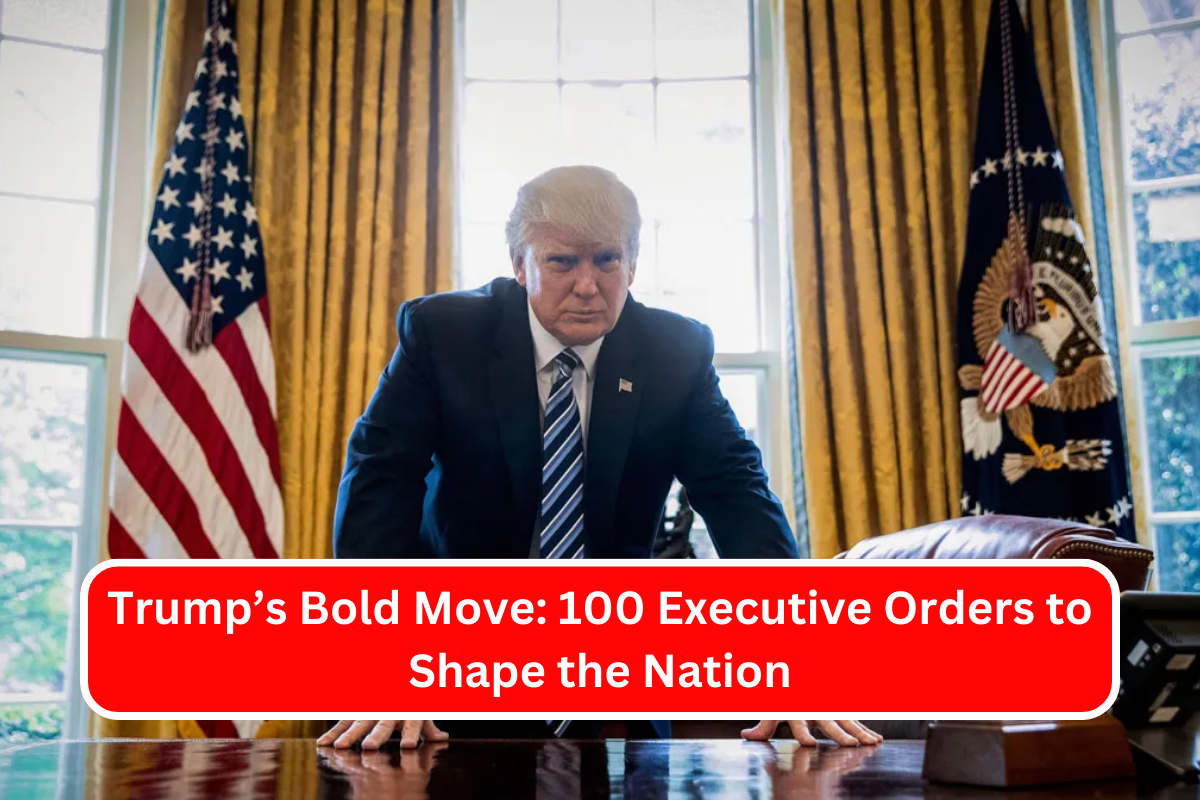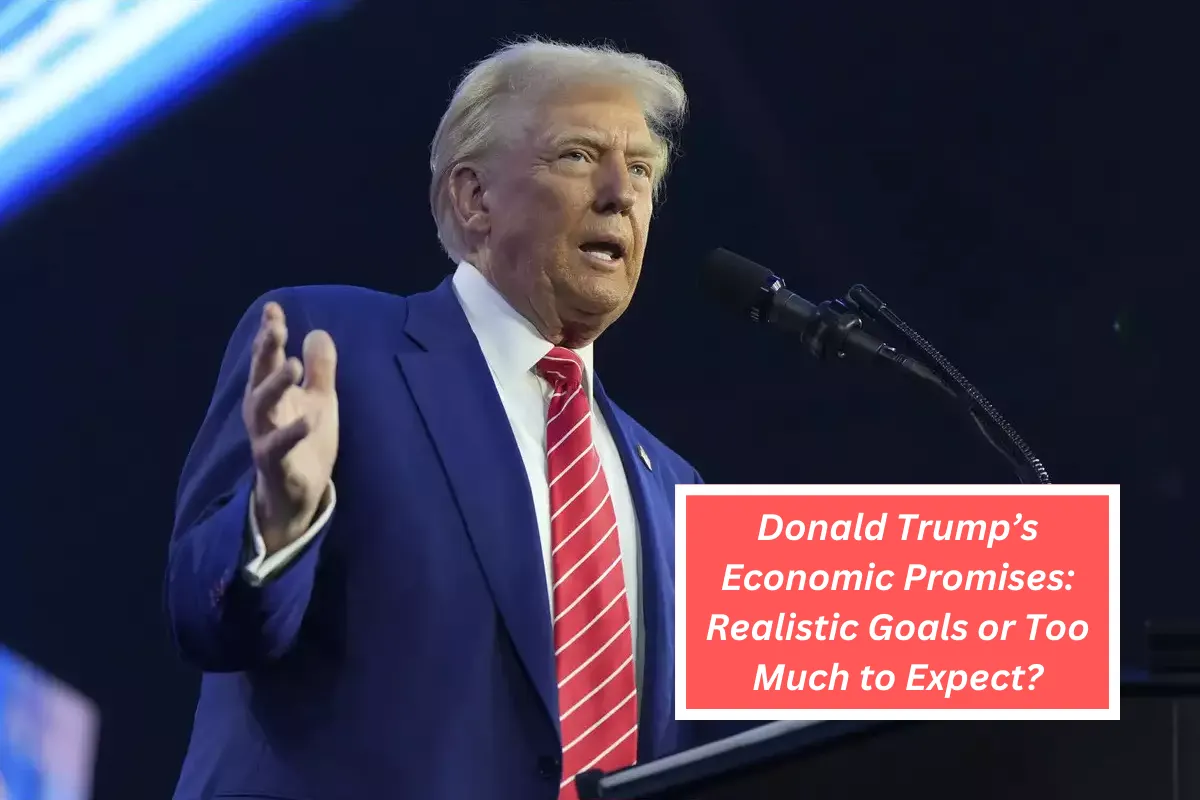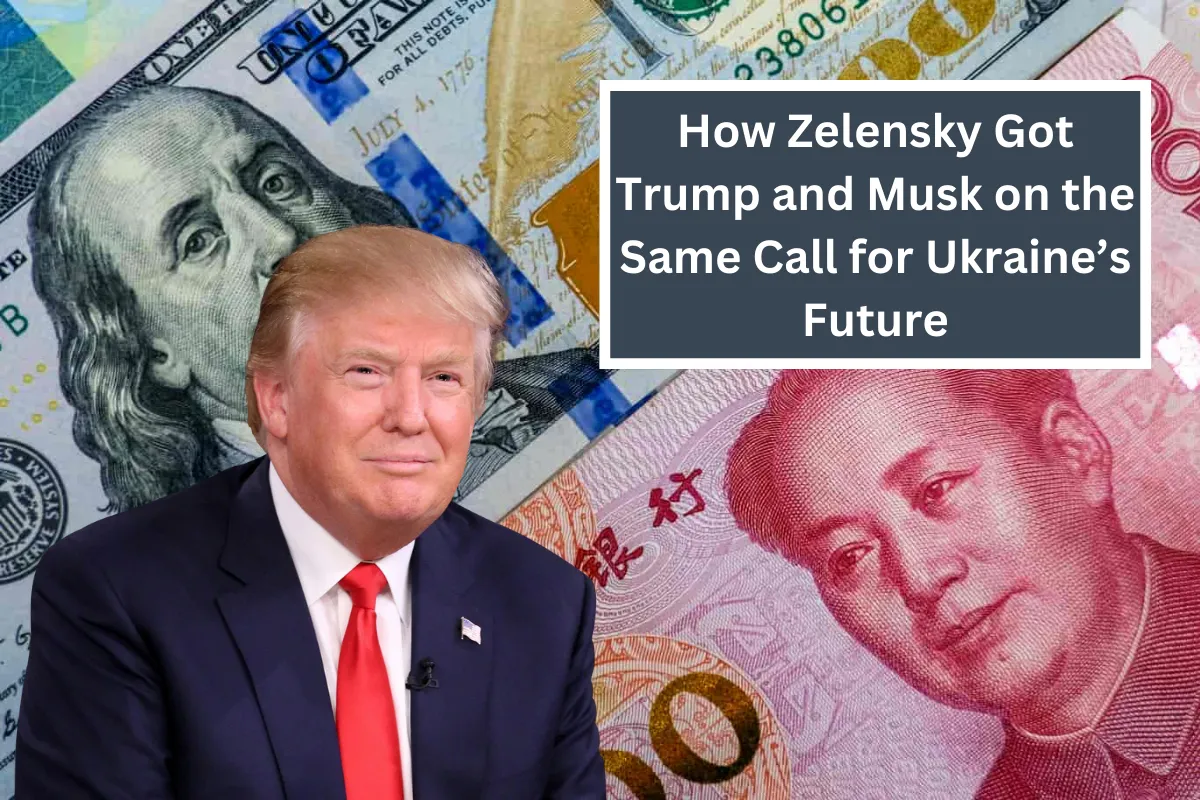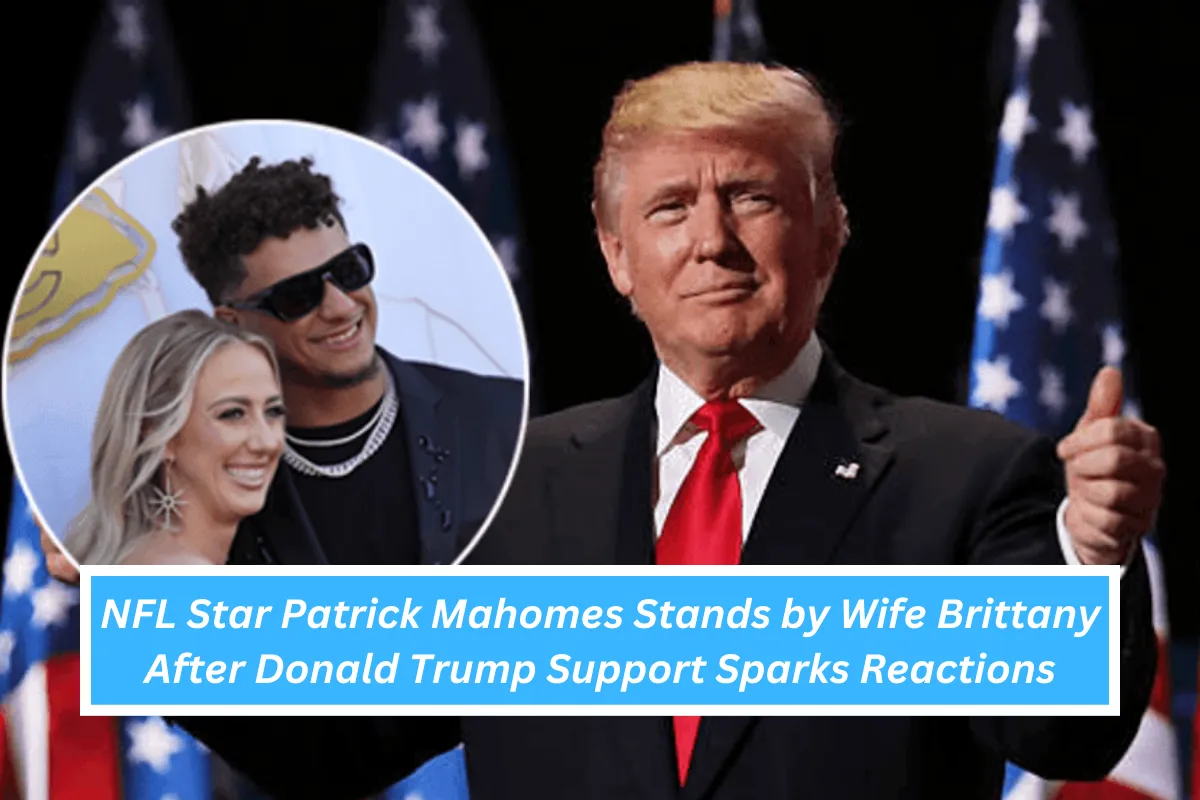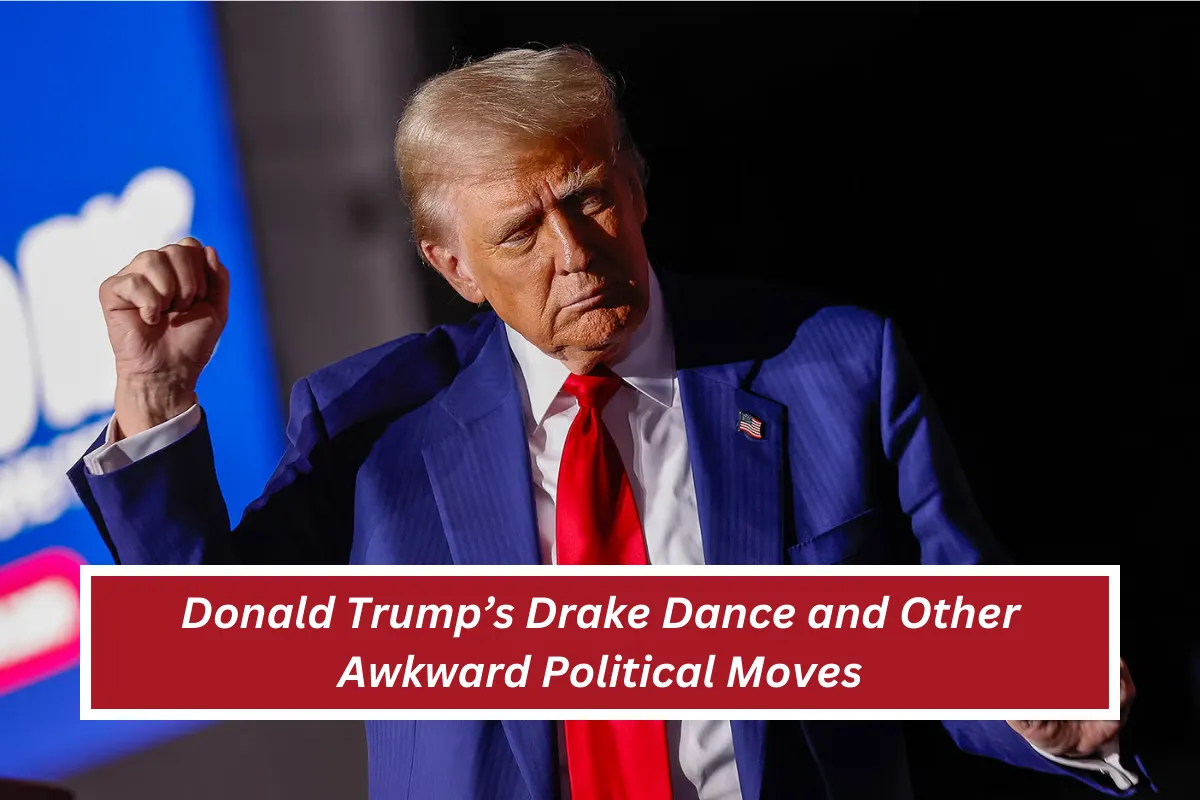The Federal Trade Commission (FTC) recently reported that UnitedHealth Group, along with CVS and Cigna, overcharged cancer patients for essential medications, sometimes marking up costs by over 1,000%. This shocking revelation has reignited public outrage over America’s healthcare system, which is criticized for its high costs and inefficiencies.
Key Revelations from the FTC Report
1. Drug Markup Practices
UnitedHealth’s OptumRx, CVS Caremark, and Cigna’s Express Scripts were found to have excessively marked up generic drugs. Examples include:
- Imatinib, a leukemia treatment, saw prices marked up by thousands of percent.
- Tadalafil, for pulmonary hypertension, experienced similar price hikes.
These practices helped the three pharmacy benefit managers (PBMs) earn $7.3 billion in revenue over five years.
2. Impact on Patients
Patients requiring critical medications like Lamivudine, used by HIV-positive individuals, faced significantly inflated costs. Critics argue these markups worsen healthcare access and outcomes.
3. Opaque Pricing System
The lack of transparency in the pricing system enables hidden inefficiencies, benefiting corporations at the expense of patients.
Broader Implications for the U.S. Healthcare System
The United States spends more per capita on healthcare than any other wealthy nation but achieves poorer outcomes. Critics attribute this to practices like unnecessary markups, which are common among PBMs.
Independent Senator Bernie Sanders has been holding hearings to address these systemic issues, highlighting the need for reform.
The Human Toll: UnitedHealth in the Headlines
UnitedHealth was also in the spotlight after the tragic murder of its CEO, Brian Thompson. The accused killer, Luigi Mangione, reportedly acted out of anger over the company’s treatment of patients. Social media erupted with mixed reactions, reflecting widespread dissatisfaction with the healthcare system.
Disturbing Industry Practices
- UnitedHealth reportedly denied twice as many claims as the industry average.
- A surgeon shared how UnitedHealth interrupted a breast cancer surgery, demanding immediate proof of necessity.
PBM Responses to the FTC Report
- UnitedHealth’s Defense: Claimed to save patients $1.3 billion in out-of-pocket costs.
- CVS Caremark: Accused the FTC of cherry-picking data to support an “anti-PBM” agenda.
- Cigna: Did not comment.
Both UnitedHealth and CVS argue that their actions ultimately reduce overall drug costs, though critics dispute these claims.
FAQs
1. What are PBMs?
PBMs, or pharmacy benefit managers, negotiate drug prices and manage prescription benefits for insurers.
2. Why is this issue significant?
It highlights how pricing inefficiencies in healthcare can burden patients, especially those requiring life-saving treatments.
3. How did the FTC uncover these findings?
The FTC conducted a five-year investigation into PBM pricing practices, analyzing data from 2017–2022.
4. How are generic drugs priced differently from branded ones?
Generic drugs are cheaper because they use established formulas, unlike branded drugs, which require years of expensive research and trials.
5. What reforms are being proposed?
Lawmakers like Bernie Sanders advocate for greater pricing transparency and regulation of PBMs to protect patients.







